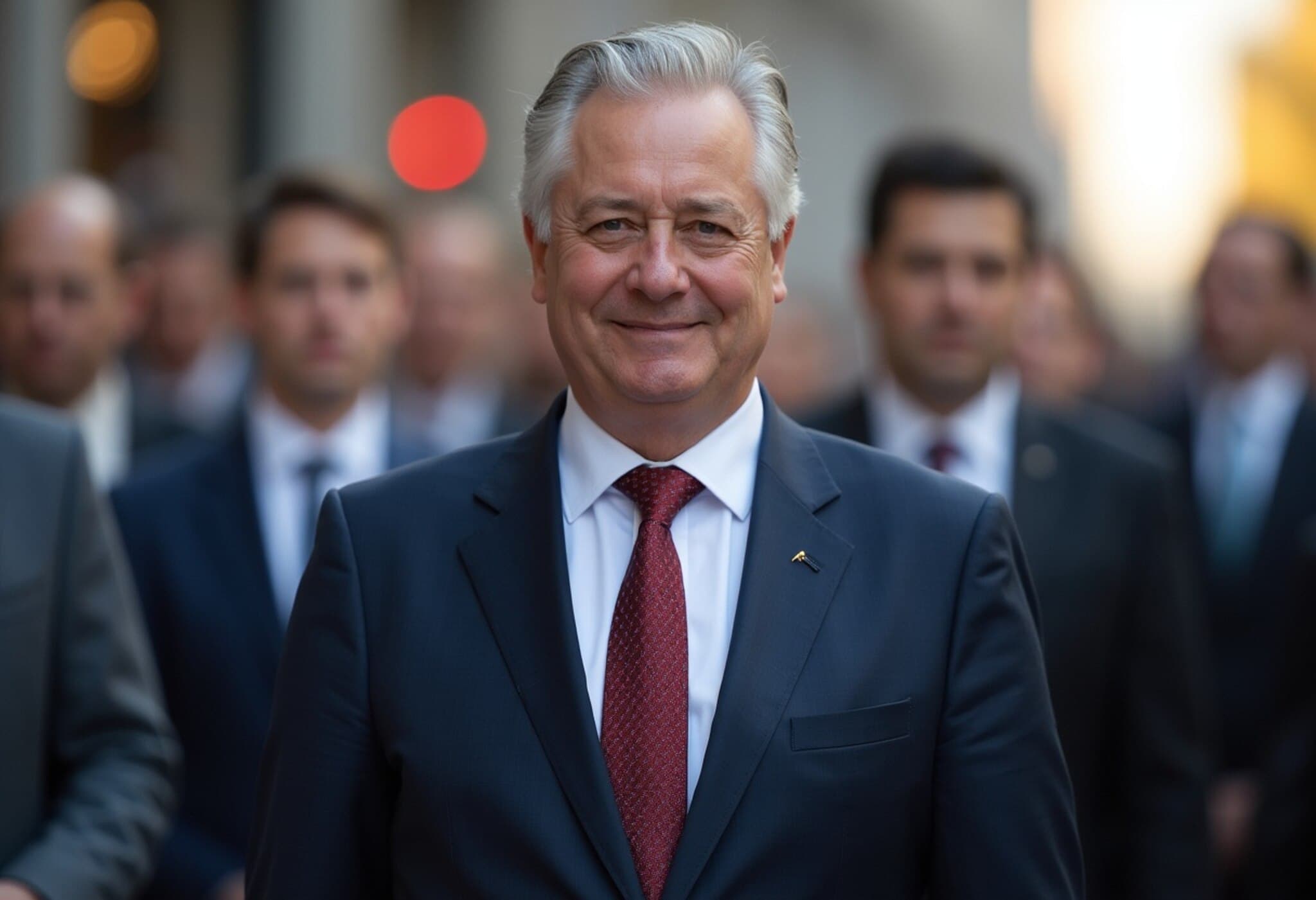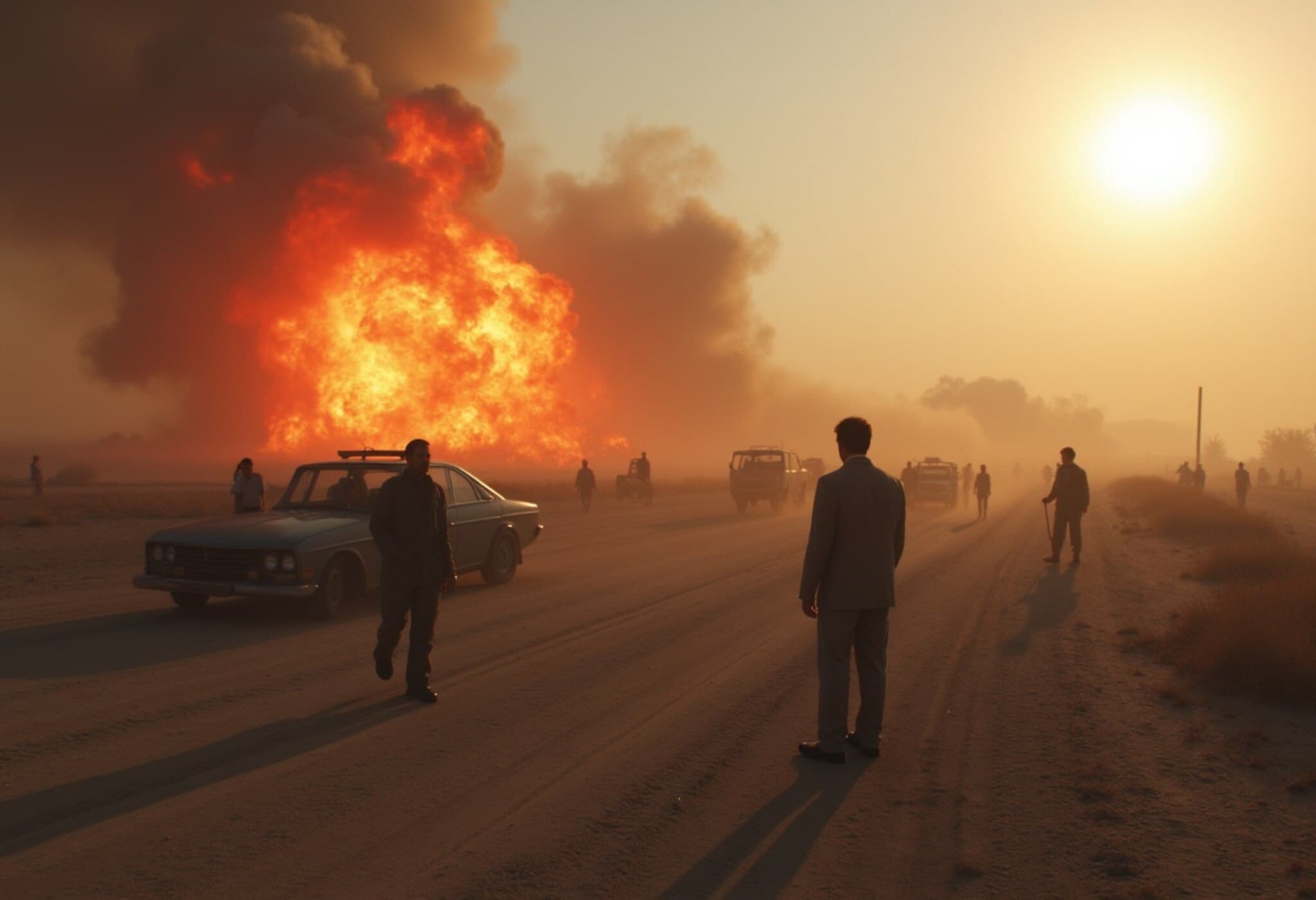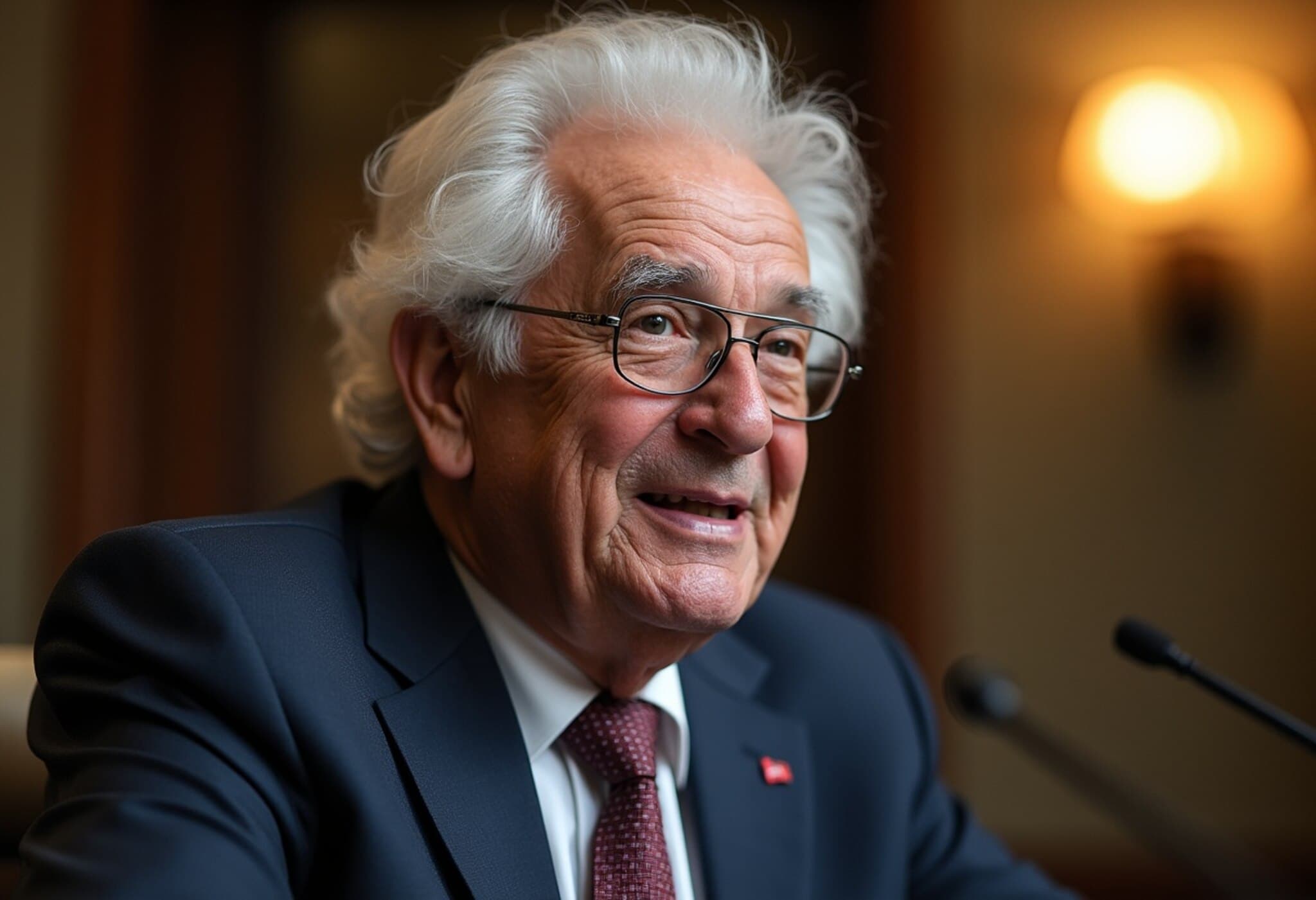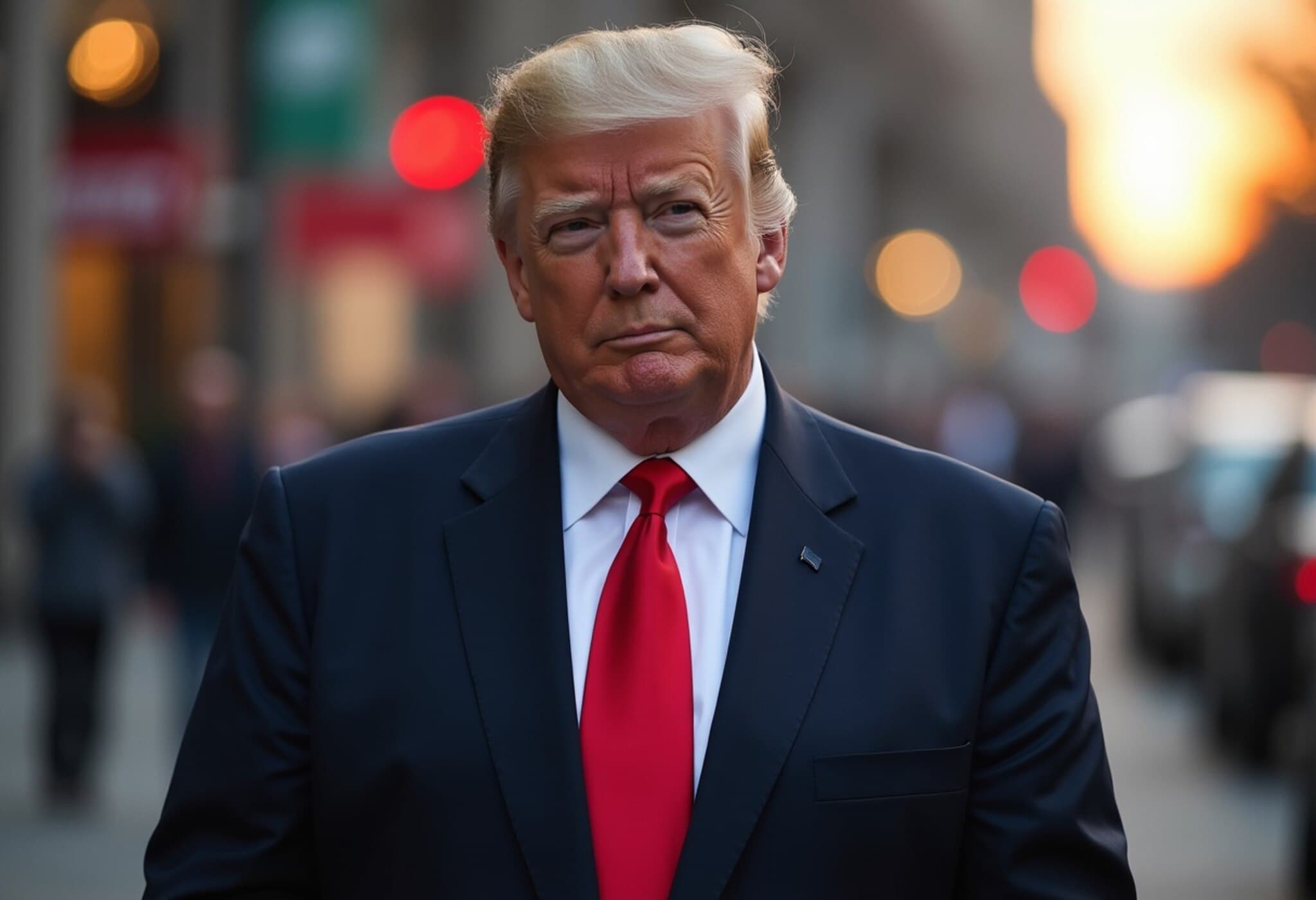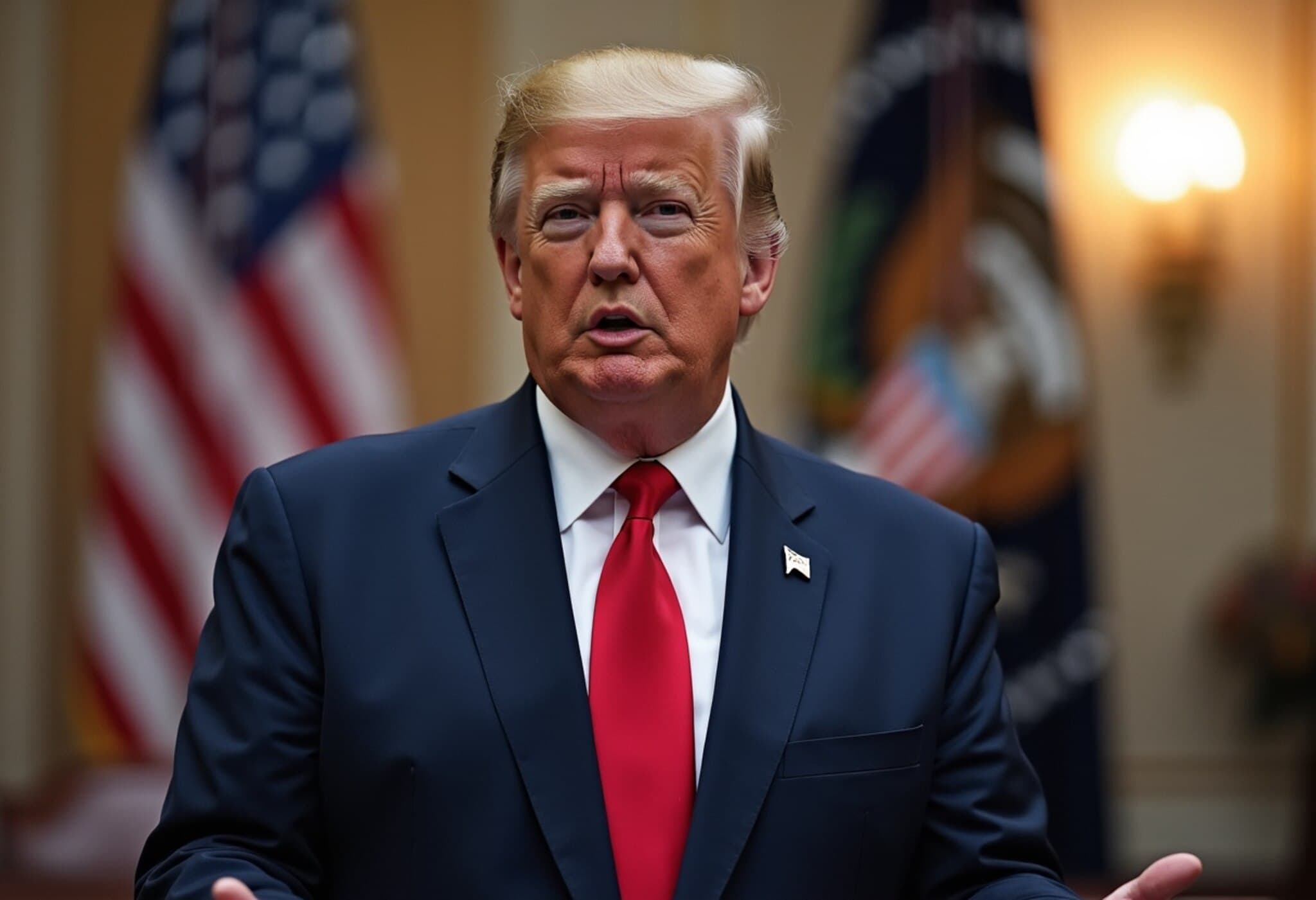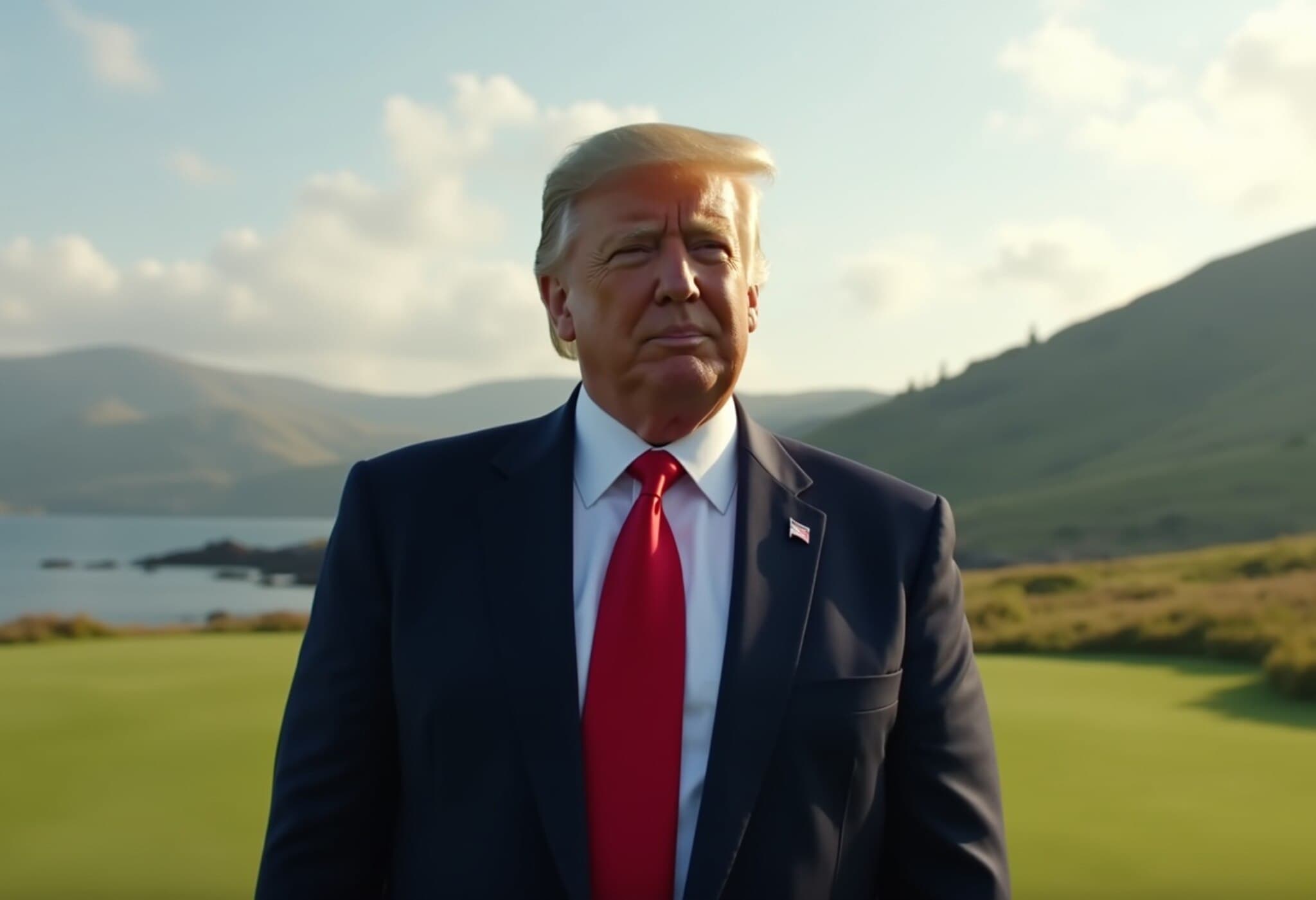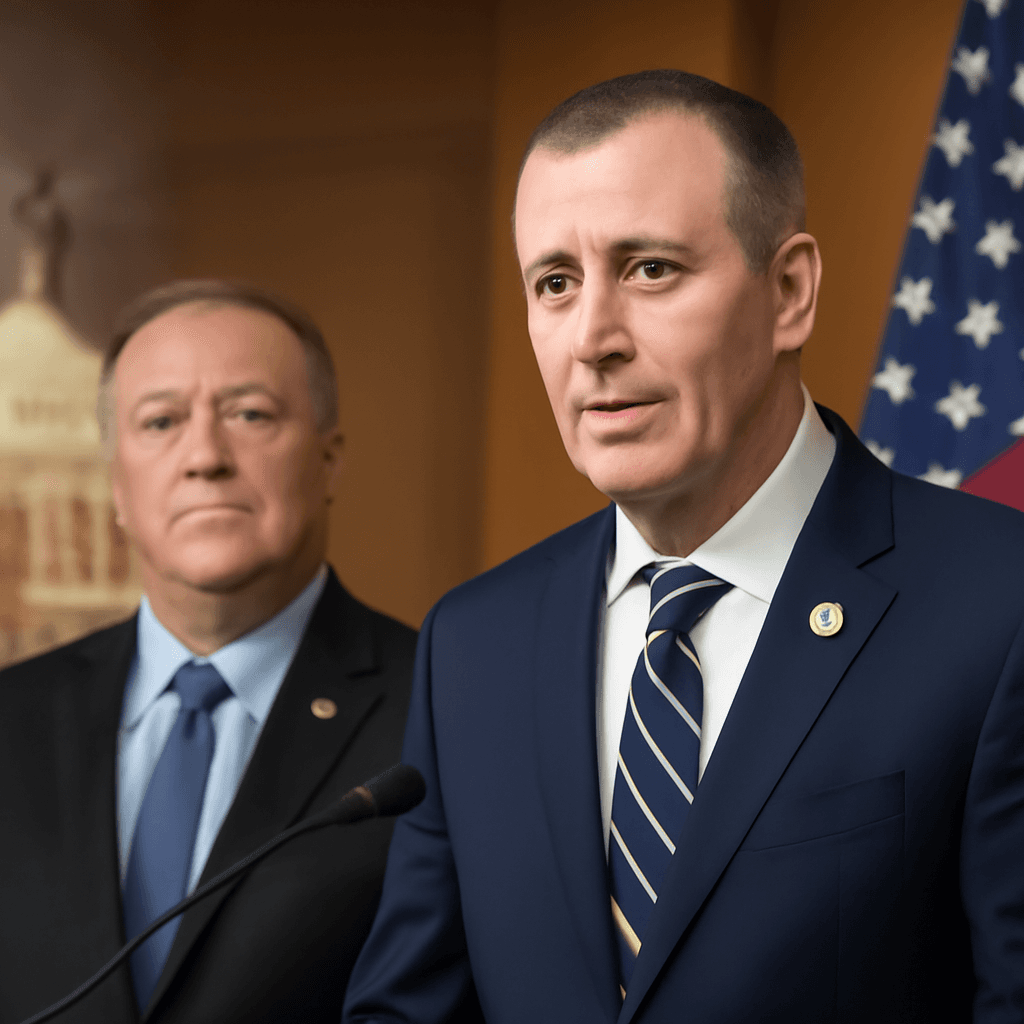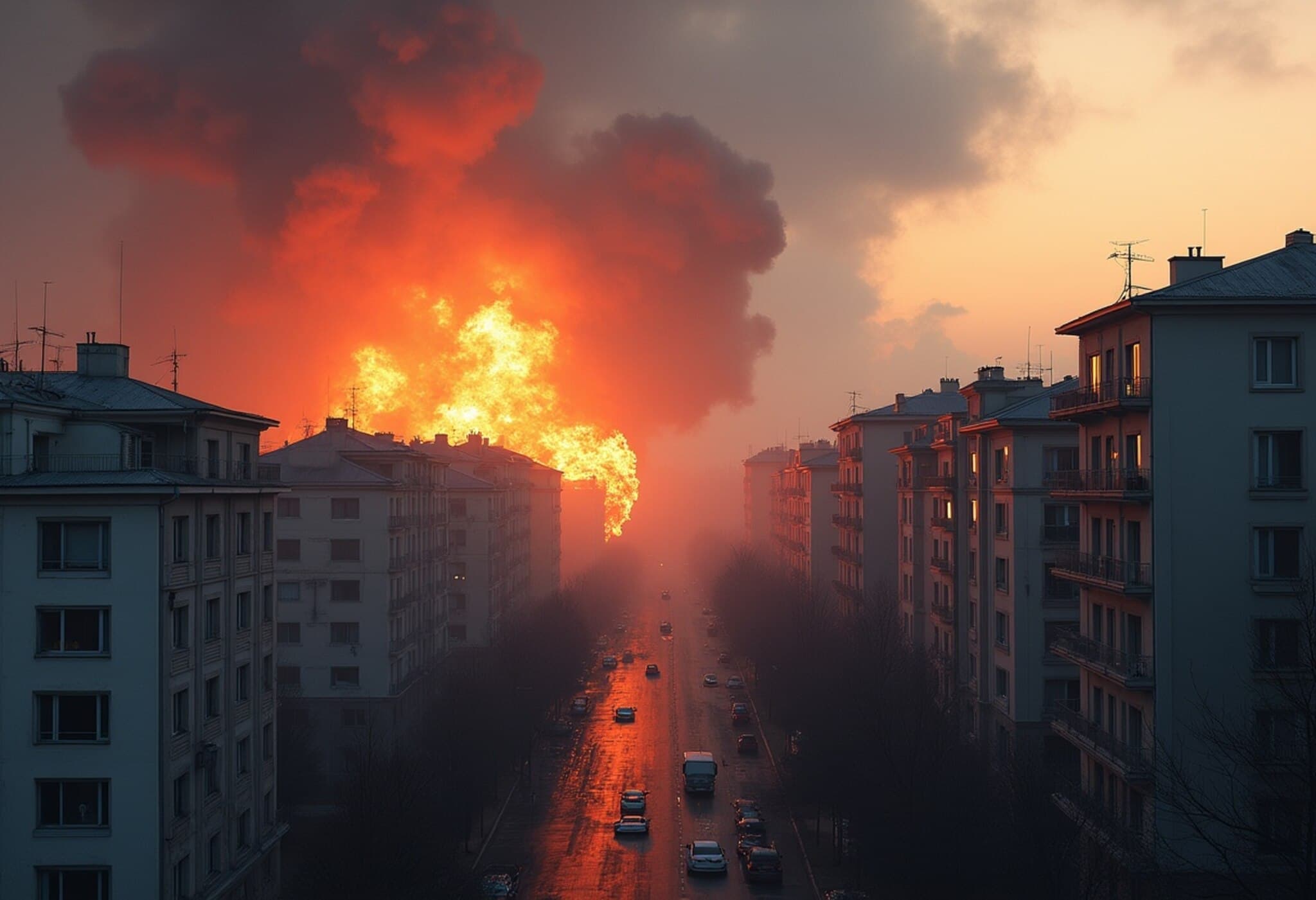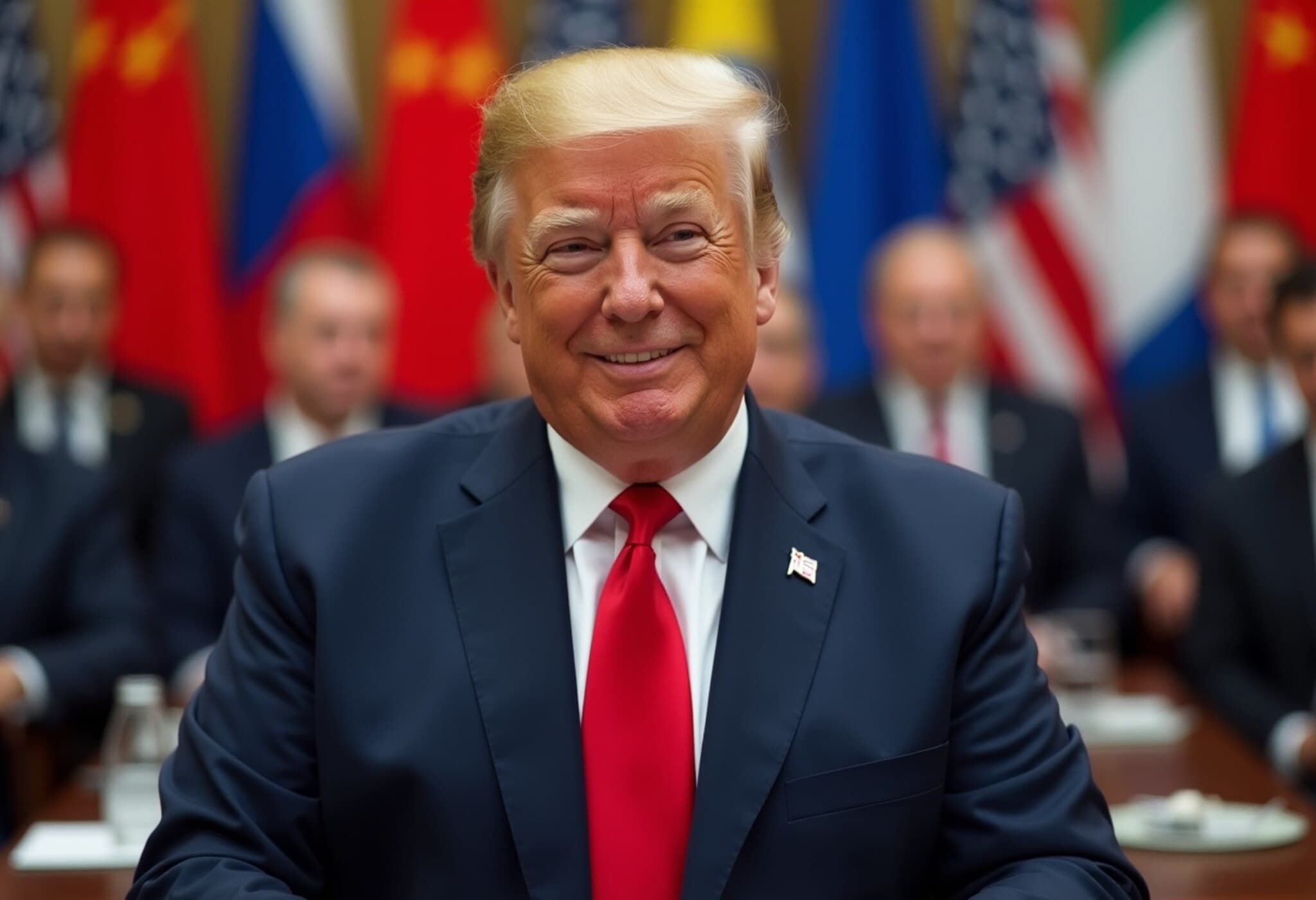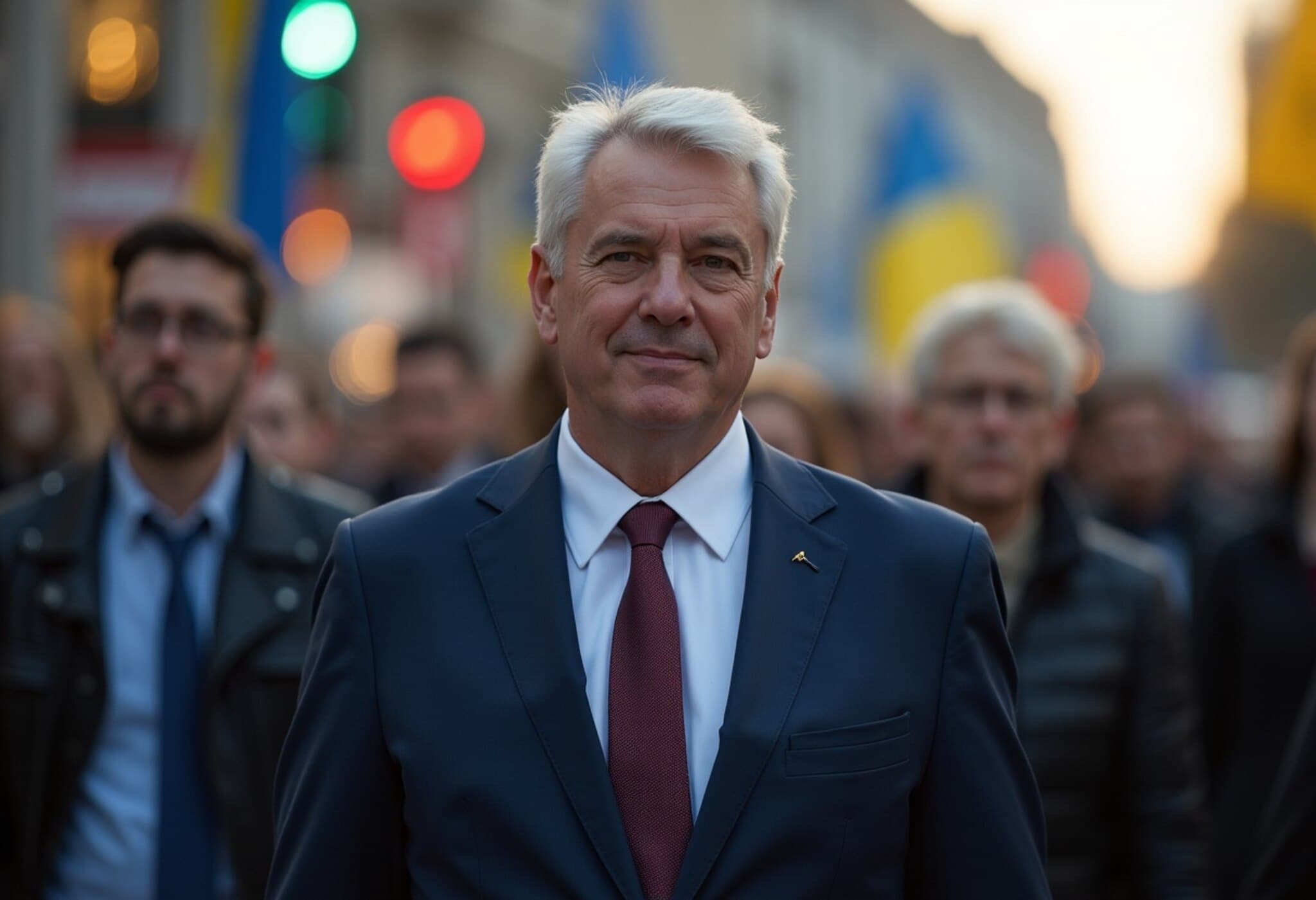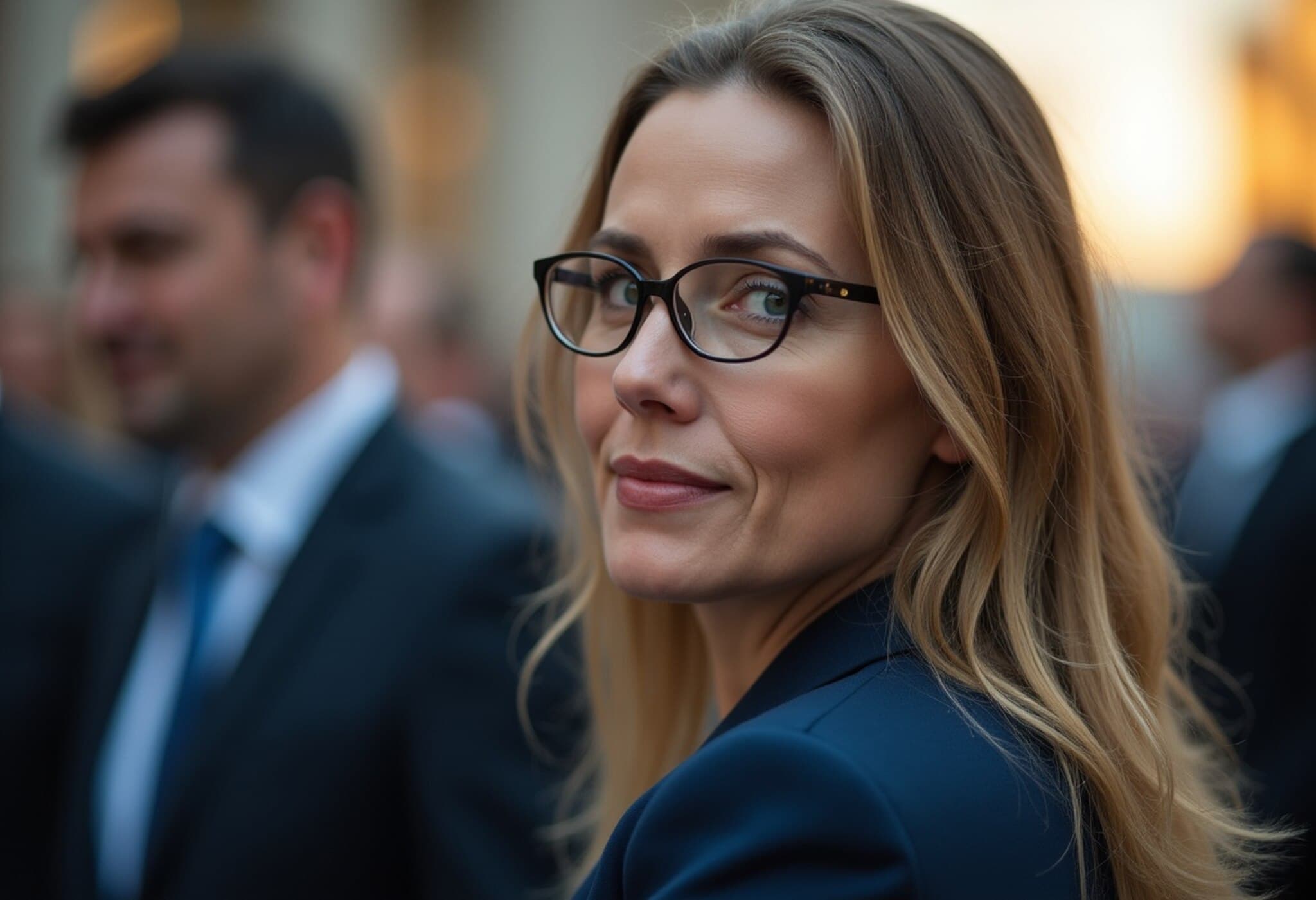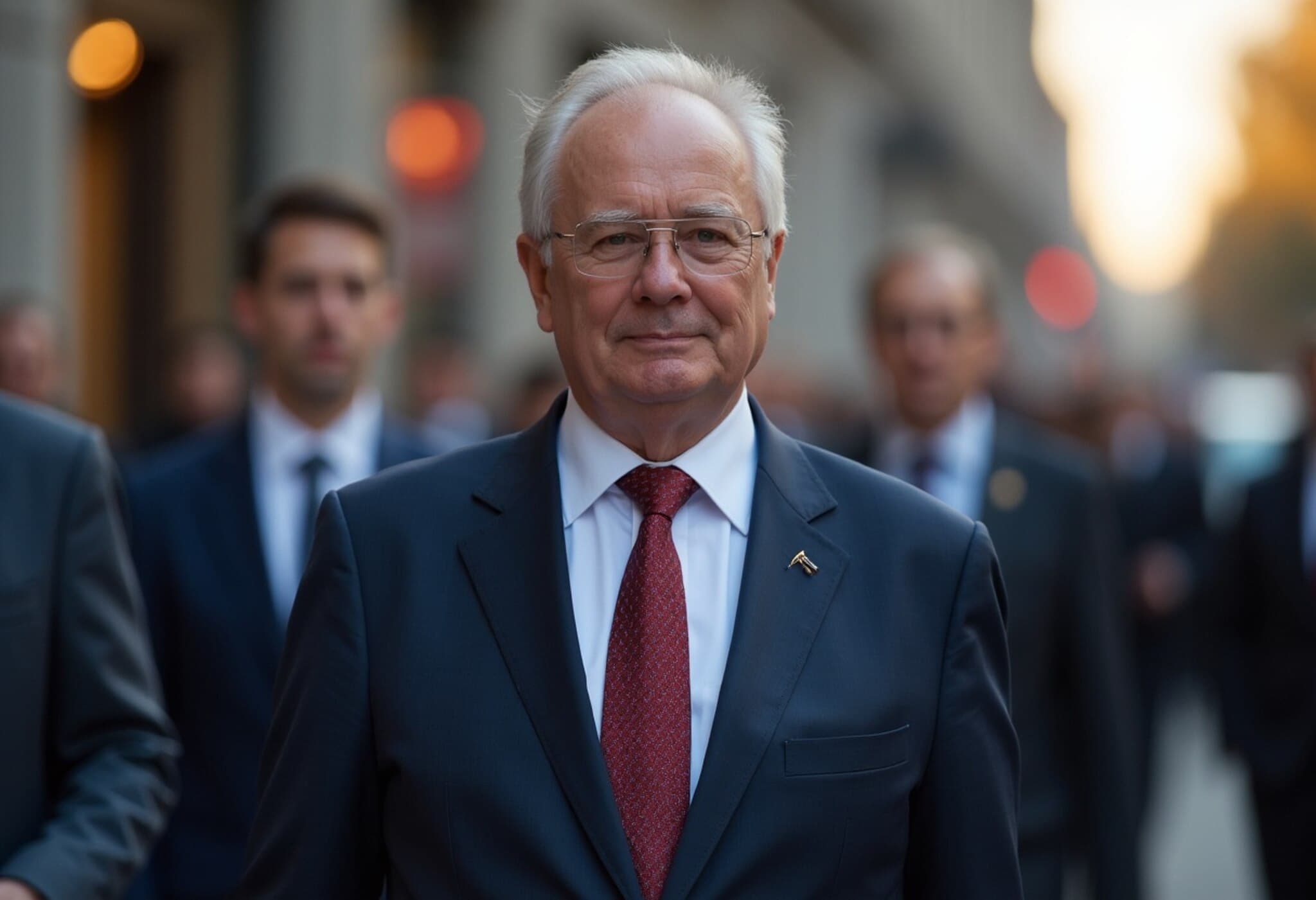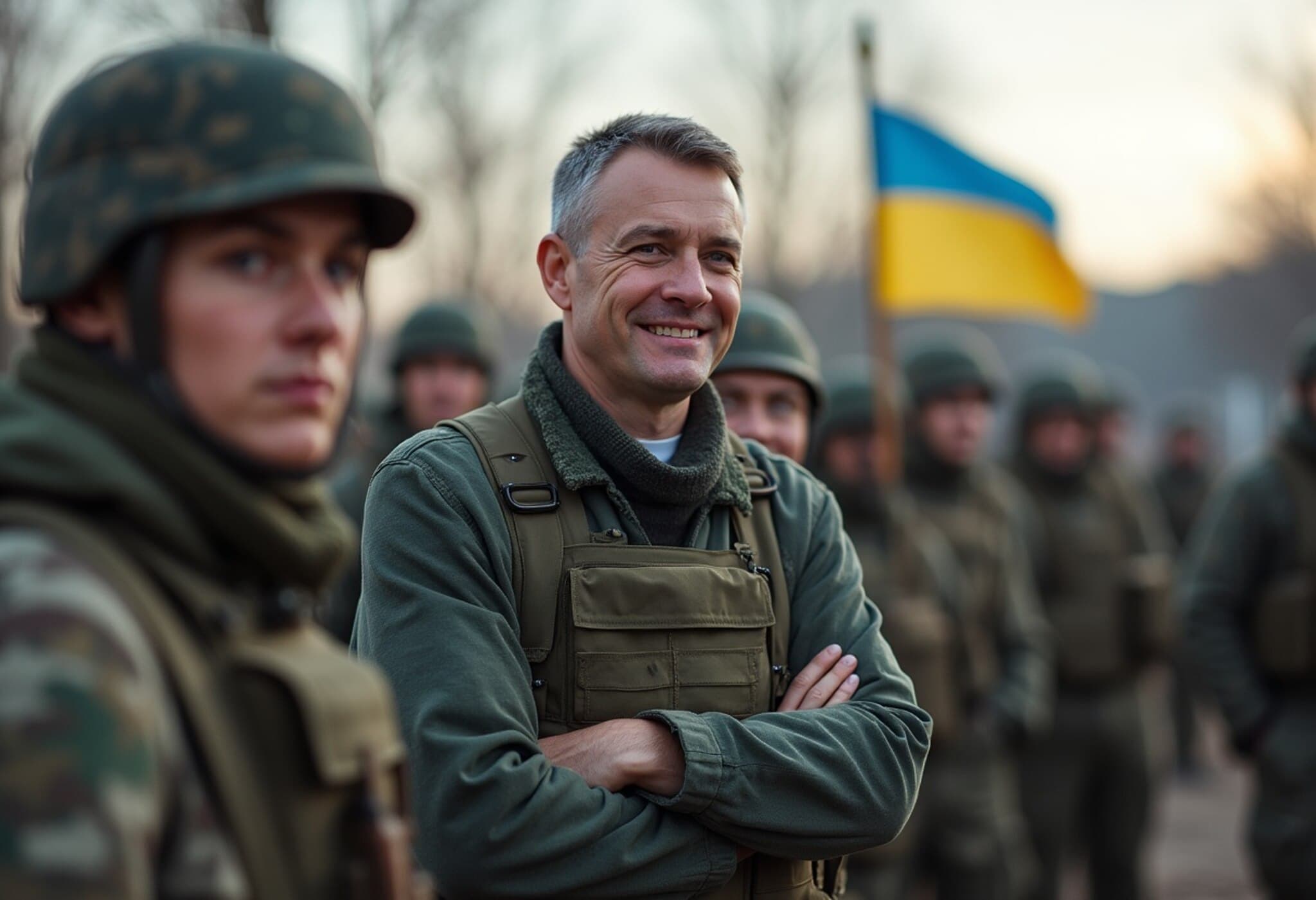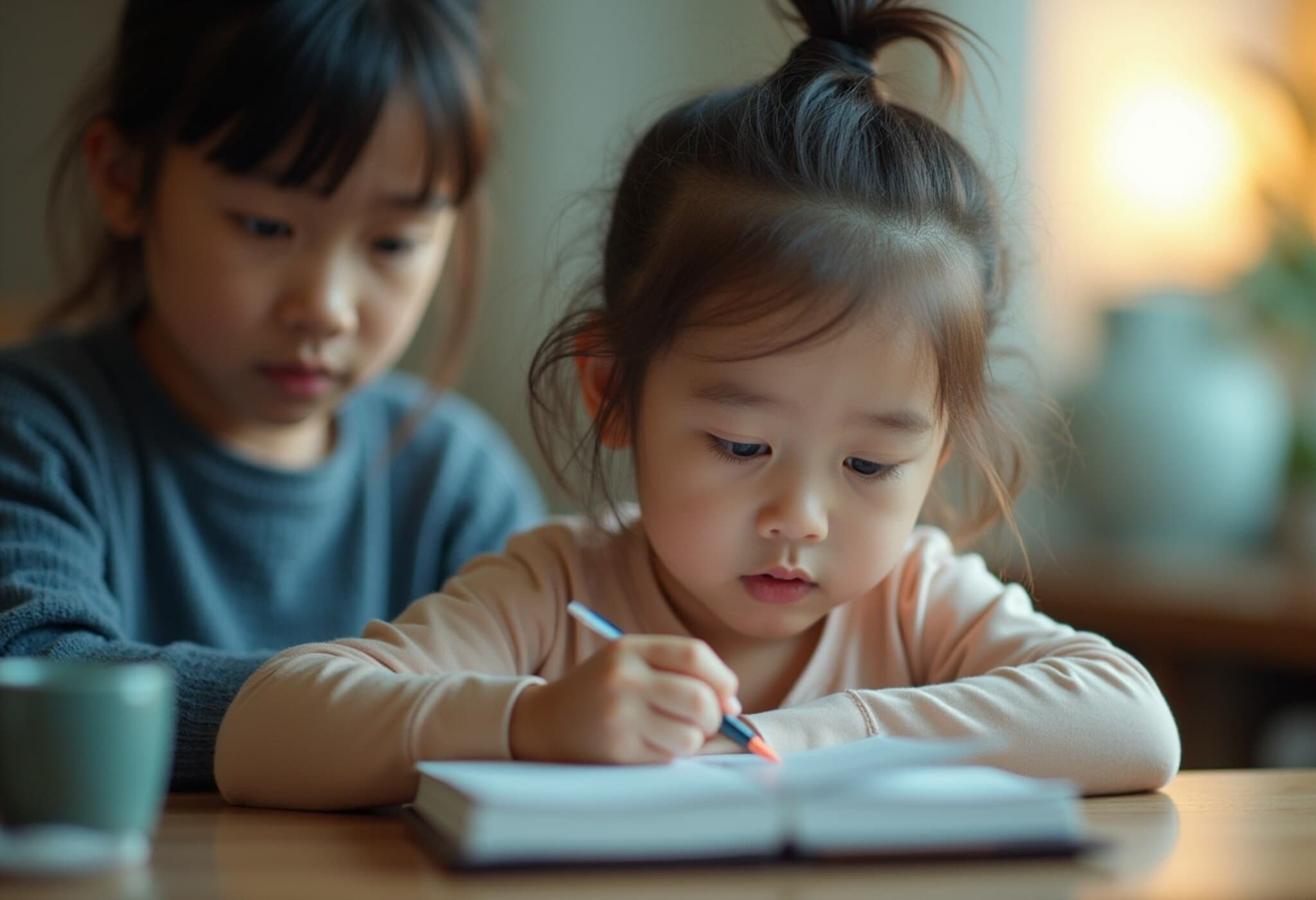Canada Commits $1.47 Billion Military Aid to Ukraine
Ukrainian President Volodymyr Zelenskyy arrived in Canada on Tuesday, where Prime Minister Mark Carney announced a significant military aid package amounting to C$2 billion (approximately $1.47 billion). Alongside this, additional financial sanctions against Russia were unveiled amid ongoing conflict tensions.
Zelenskyy Calls on G7 to Intensify Pressure on Russia
During his visit, Zelenskyy appealed to the Group of Seven (G7) nations to ramp up their support for Ukraine’s defense efforts. He stressed that only with maximum pressure on Russia would meaningful peace talks become feasible. "We are prepared for peace negotiations and an unconditional ceasefire," Zelenskyy asserted, "but this requires sustained pressure."
G7’s Mixed Responses and Internal Challenges
The G7 summit has been marked by internal divisions, particularly as former US President Donald Trump prematurely departed the meeting amid escalating tensions in West Asia. Trump’s previously expressed sympathies for Russia’s President Vladimir Putin and trade disagreements with allied nations have contributed to these rifts.
Nevertheless, G7 leaders convened and underlined the urgency of exerting maximum pressure on Russia to promote peace dialogue. A joint statement emerged, urging de-escalation across the Middle East and calling for a ceasefire in Gaza, although the approaches within the group vary.
Recent Violence Highlights the Urgency
Tragically, a recent Russian strike on Kyiv resulted in the deaths of 12 people, underlining the critical need for unified international solidarity. Zelenskyy emphasized this point, arguing that continued support from G7 nations remains paramount as Ukraine faces ongoing aggression.
Canada’s Role and Broader International Support
While Canada’s contribution is substantial, Zelenskyy acknowledged that it still falls short compared to the United States, which remains Ukraine’s largest arms supplier. Discussions aim to secure more weapons and sustained financial backing from global partners.
To diversify alliances and reduce overdependence on US trade, Prime Minister Carney extended invitations to other influential countries, such as Mexico, India, Australia, South Africa, South Korea, and Brazil, to participate in the summit’s discussions.
Geopolitical Dynamics and Russian Response
The Kremlin dismissed the G7’s relevance in global affairs, echoing support for Trump’s view that excluding Russia from the G8 after the 2014 Crimea annexation was a mistake. Meanwhile, proposals to lower the Russian oil price cap were shelved due to soaring global energy prices.
Looking Ahead: Peace Efforts and Sanctions
Zelenskyy’s goals remain focused on securing additional financial aid, enhancing sanctions to pressure Russia, and obtaining support for Ukraine’s reconstruction efforts post-conflict. European leaders voiced similar convictions, emphasizing collective resolve as essential to advancing peace.
As the summit concludes, statements endorsing US-led peace initiatives and calls for continued sanction enforcement are expected, although divisions among the powerful world leaders present an ongoing challenge for unified action.

